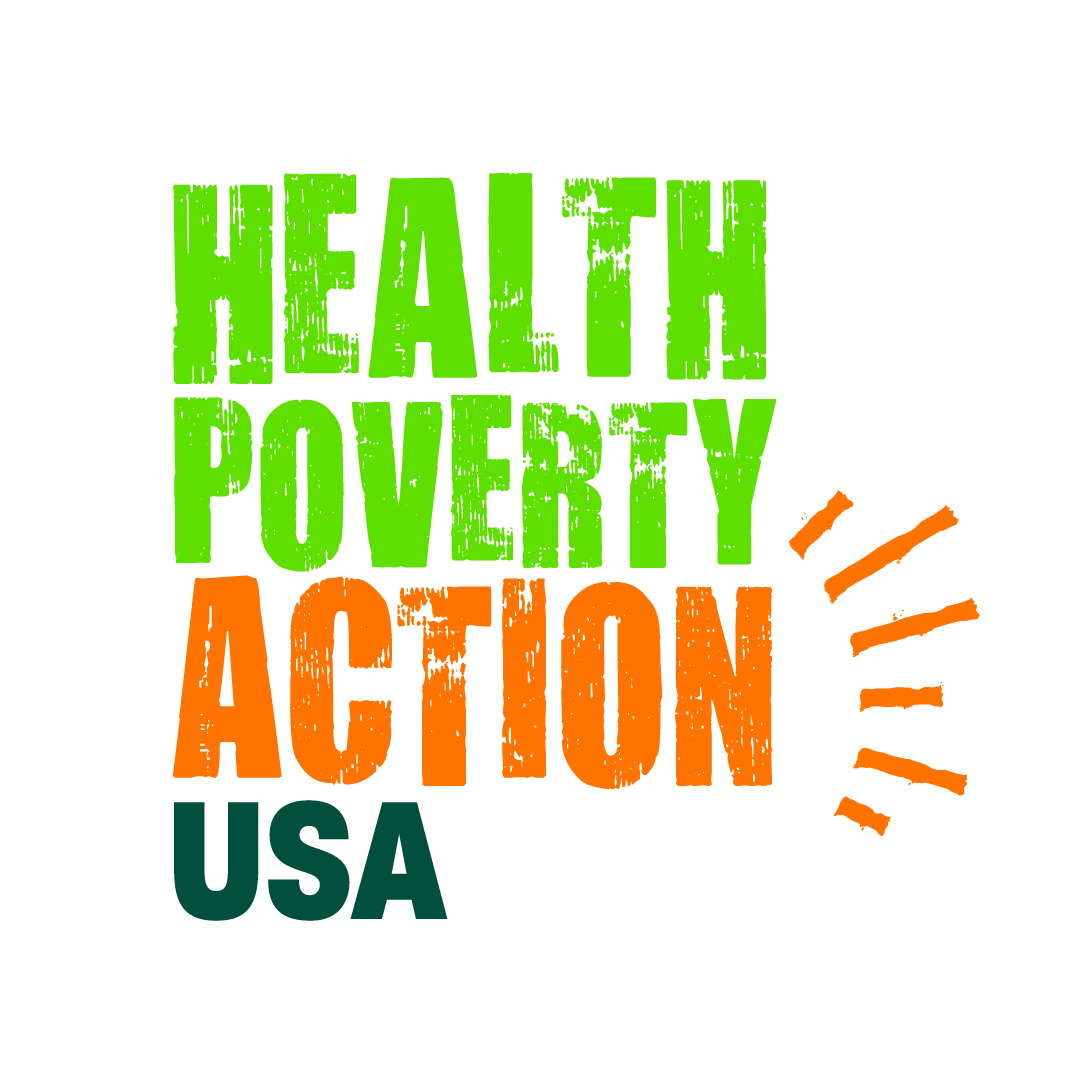As part of making our film ‘Voices from the Favelas’ we spoke to people about their experiences of the pandemic.
Community leaders from the favela shared their personal struggles along with those of the community during the extended lockdown. Extreme poverty, hunger, presence of violence and other infectious diseases, poor infrastructure and services, and inability to afford the vaccine were some of the main challenges they mentioned.
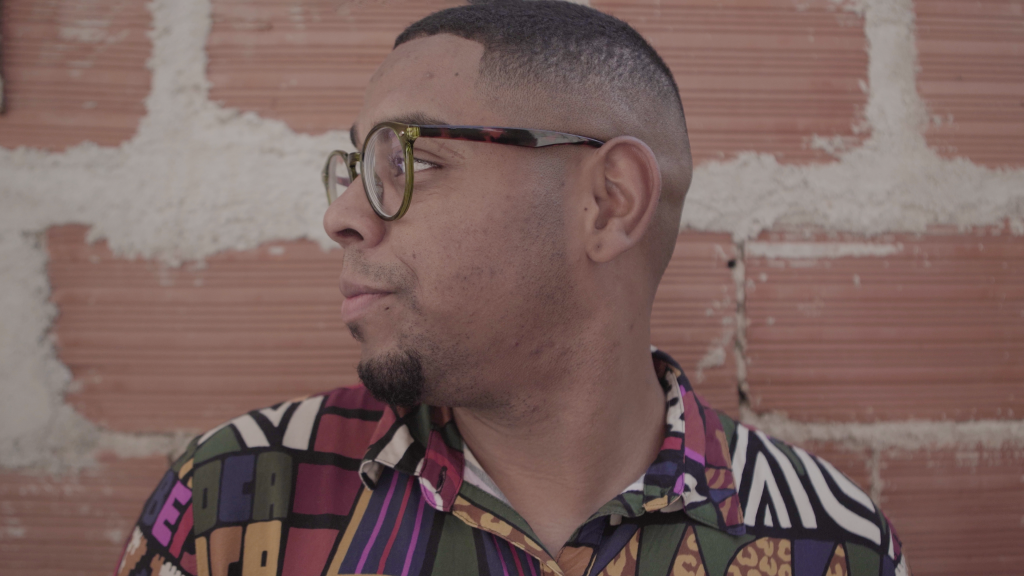
Joao
“It was very difficult to self-isolate. Especially when all the houses are cramped together and you share a thin wall with your neighbor. The main lockdown impact was hunger, job losses, and fear of imminent death as the hospitals were overcrowd. In the favelas, we have to deal with violence every day, but dealing with a virus causes much more insecurity.
I personally struggled a lot. My mental health was derailed. I struggled with depression and anxiety attacks. I lost my job. I had to find different ways to make money and survive. I worked with other community leaders to install sinks so people can wash their hands. We had a rise in STIs during that time as well, so it wasn’t just COVID.
When the vaccines were developed, we heard many news about it being a placebo or an experiment. People were afraid to get vaccinated.
We don’t want more than half a million people dead again. We have to spread the news about future pandemics.”
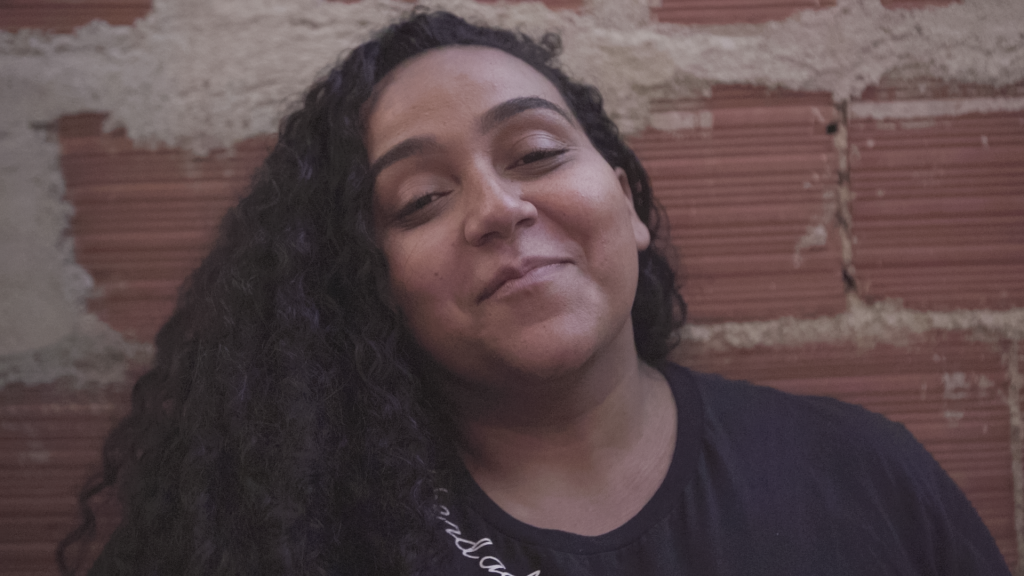
Carol
“Poor people can’t lock themselves up. They need to leave for work. The boss will not go to work but the employee will because they have no other choice. Many people who lost their jobs are still unemployed. Mental health was heavily impacted, for children and adults alike.
We lost access to water as the people who supplied water to the favelas died because of COVID. The main recommendation was to wash our hands. We couldn’t do that.
There is no monitoring of infectious diseases in the favelas. We have high levels of tuberculosis here. The ministry of health gives out vaccines for only a number of diseases, we have to pay to receive the other vaccines. Do you think someone who cannot afford to pay for food can afford to pay RL2000 for vaccines? Do you think a mother who cannot afford to buy soap and sanitary pads can afford to pay for a pneumococcal vaccine for a child?
Reproductive health has been impacted as well. Many women had to prostitute themselves for money. Many women got pregnant because they couldn’t access contraceptives. Sex education is very limited in the favelas.
People in the community had to rely on each other for help. I used my own phone to dial requesting government aid for others as they didn’t have access to the internet. The government failed us and continues to fail us.”
Students from a local school in the favela described how the extended lockdown affected their education and told us about their prevailing sense of inequality between the favelas and the city.
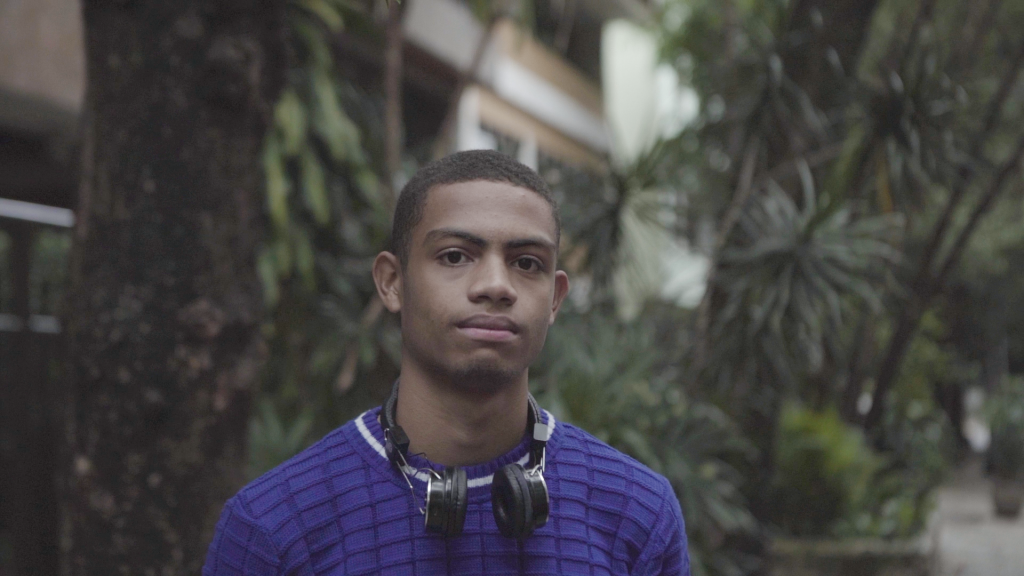
Elias
“Most difficult thing for me was to be away from school. Not everyone has access to the internet for virtual learning as people were not prepared. Not all teachers have had access to the internet
It was hard for all of us to stay at home at the same time, but we learned to be patient. People of the city didn’t understand and still don’t understand what the people of the favelas went through.
The government did not prioritize my needs otherwise I would have had my right to study met and they would have vaccinated the students to be able to return to their education.”
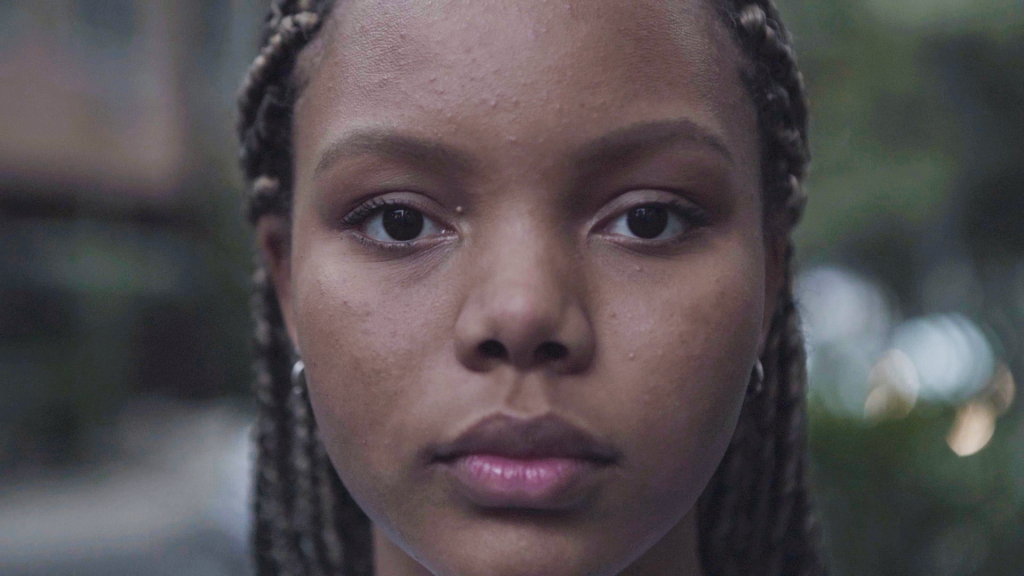
Perola
“Most difficult thing for me was to be away from school because I like learning with my friends. It’s difficult for people in the city to understand what we go through. When we have power outage or lack of access to water, these problems cannot be solved quickly.”
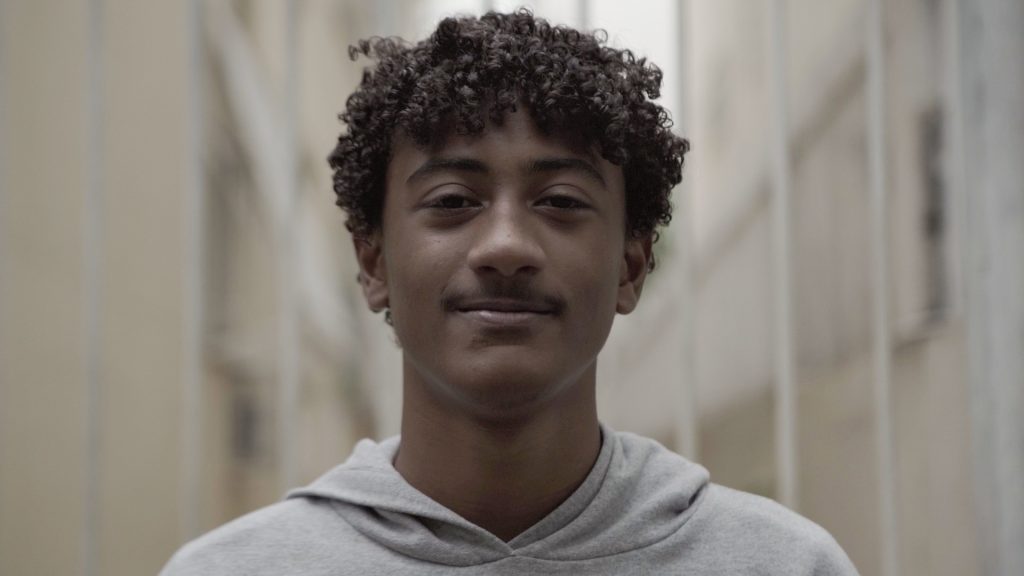
Tyson
“I missed out on opportunities to learn, especially at the beginning of the pandemic. I did not have access to the internet, and couldn’t access my email for 4 or 5 months during that semester.
People of the city can’t imagine what happened.”
